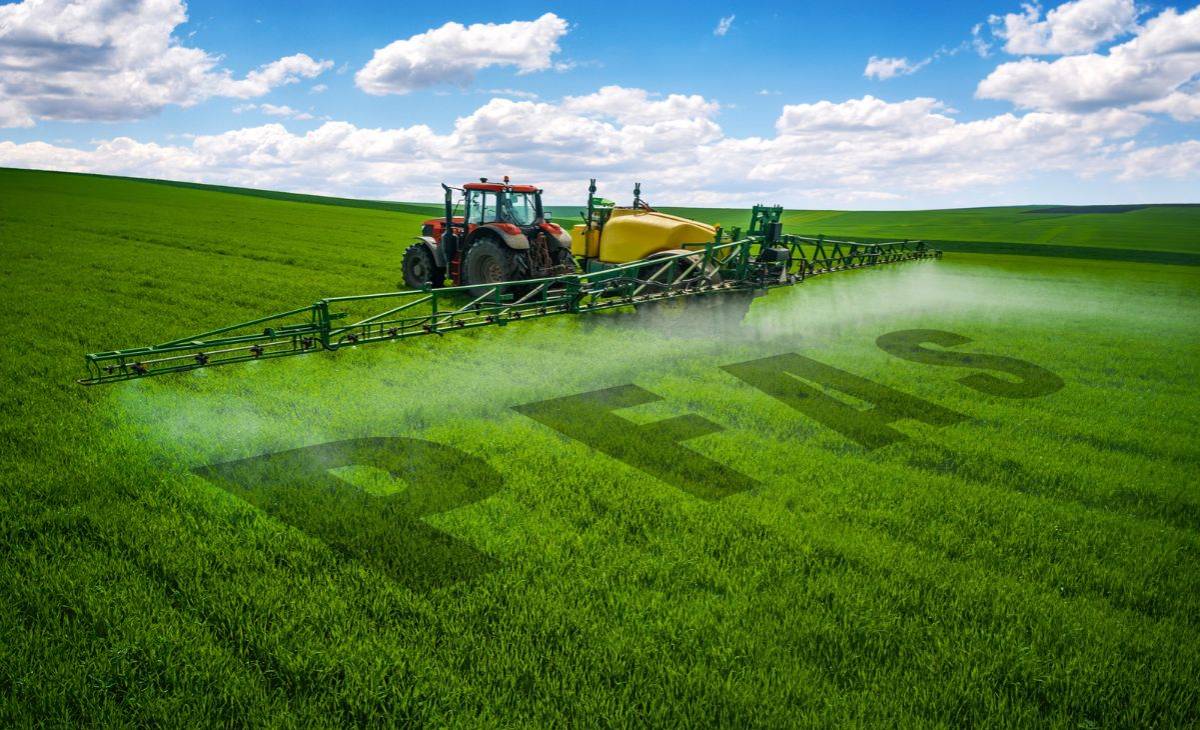PFAS in pesticides: new report calls for immediate action
A recent report from the Pesticide Action Network Europe (PAN, an international coalition of hundreds of NGOs) has revealed a concerning issue regarding the presence of per- and polyfluoroalkyl substances (PFAS) in pesticides.
PFAS, also known as "forever chemicals", are highly persistent chemicals that pose significant risks to both human health and the environment. Despite these issues, the current pesticide regulations in Europe do not fully address the risks associated with the use of PFAS as active ingredients in pesticides.
This report is the result of a joint investigation conducted by PAN Europe and Générations Futures (a French environmental association). The report highlights how certain PFAS are still being used intentionally in the formulation of some pesticides.
The investigation reveals that 37 active substances approved for use in pesticides in Europe, accounting for 12% of all approved synthetic substances, are classified as PFAS. These substances are used in pesticides to enhance their stability and prolong their effectiveness. Unlike industrial PFAS pollution, which often occurs as a result of leaks or discharges, PFAS pesticides are deliberately sprayed into the environment during agricultural practices.
The report focuses on the situation in France, where 30 active substances containing PFAS are currently authorized, representing 13% of all authorized synthetic substances. The sales of these substances have more than tripled since 2008, with 2 332 tonnes of pesticides containing PFAS being sold in France in 2021 alone.
The concern lies in the fact that these substances pose a threat to the environment and human health due to their persistence and other toxic properties. Many of these compounds persist in the environment or give rise to persistent metabolites, such as trifluoroacetic acid (TFA), which can accumulate over time due to repeated use in agriculture. Health authorities have identified unacceptable risks associated with many of these substances.
The report criticizes the shortcomings in the implementation of the pesticide regulations in Europe. It highlights that persistence alone is not considered a sufficient concern to ban pesticides by the health authorities, which also argue that the toxic properties of PFAS metabolites and their endocrine-disrupting effects are not thoroughly evaluated. Another critical point is the assessment of cocktail effects (i.e. the combined impact of multiple PFAS active ingredients in a single product), which is lacking. Experts also point out inadequate risk management by public health authorities.
Salomé Roynel, policy manager at PAN Europe, highlights the urgent need to address this source of PFAS pollution and advocates for the inclusion of PFAS pesticides in the forthcoming PFAS restriction at the European level.
In conclusion, the report emphasizes the need for immediate action to ban PFAS pesticides and calls for the application of the precautionary principle.
Source:






















